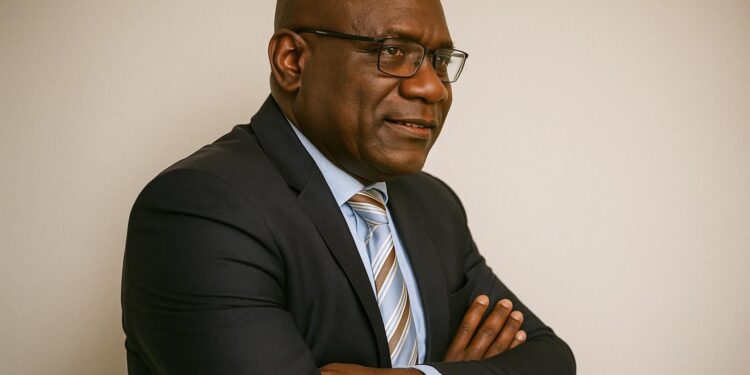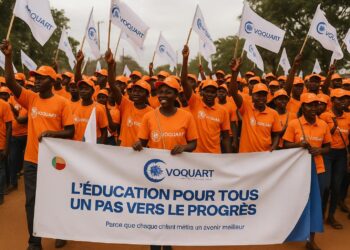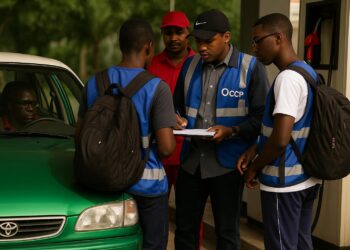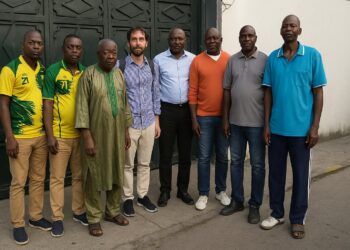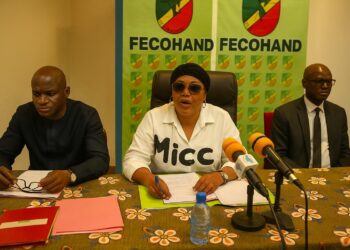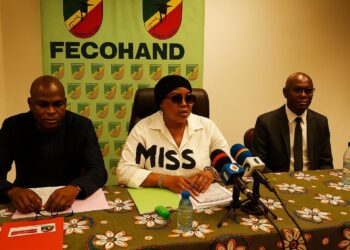Opening reflections
Visitors landing at Pointe-Noire often sense that language acts as a passport long before stamped documents. In cafés, markets and newsrooms, tonal inflections vary every few kilometres, signalling a deeper narrative about the Republic of Congo’s social architecture.
Among the most intriguing idioms is Kuni, a speech variety woven through coastal Mayombe forests and urban corridors alike. Its journey illuminates how clan mobility, trade and colonial railroads continuously re-shaped linguistic borders now attracting renewed diplomatic and academic attention.
Mayombe linguistic mosaic
Stretching from Kouilou to the Gabonese frontier, the Mayombe massif hosts dozens of Kongo-related tongues—Vili, Yombe, Beembe, Lari—each intelligible yet distinct. Ethnologue classifies the cluster under the Bantu B42 branch, citing lexical similarities above 70 percent (Ethnologue, 2023).
Topography shapes conversation. Villages hugging old railway stops, such as Pounga, borrow consonantal stress from railway labourers once recruited across Central Africa. Inland farm hamlets preserve slower vowel elongations linked to pre-colonial caravan routes, according to sociolinguist Espérance Mbambi (Université Marien Ngouabi, 2021).
In Makaba, an enclave off the RN3, accents are reported to echo Yombe intonation despite daily Kuni usage. Field notes by journalist Michel Mboungou-Kiongo in the 1980s describe residents switching seamlessly during communal gatherings, treating code-switching as polite accommodation rather than identity compromise.
Such fluidity surprises observers expecting strict ethno-linguistic boundaries. Yet oral historians remind that Bahungana clans migrated toward Les Saras during rubber booms, adopting phoneme shifts—like the consonant /k/ to /tʃ/—that later hardened into surnames such as Tchiongo, now found on civil registries.
The Kuni trajectory across clans
Kuni’s grammatical skeleton remains recognisably Bantu: noun classes, agglutinative verbs, tonal aspect markers. What differentiates it is a lexicon nourished by trans-regional circulation of traders from Diangala and coastal salt carriers, states anthropologist Jean-Baptiste Ngoma (Centre national de recherche scientifique, 2019).
Clan elders interviewed in Pointe-Noire recall that listening skills, more than lineage, determined who mastered Kuni. Apprentices spent market seasons shadowing senior negotiators, decoding nuances without formal schooling. The process forged what Mboungou-Kiongo later called a ‘journalistic ear’, prized in Congolese broadcasting circles.
During the 1990s liberalisation of the airwaves, Tele Congo producers leveraged Kuni-speaking reporters to reach rural Kouilou audiences. Ratings data preserved in state archives show spikes in listener engagement when field reports included greetings in local idioms, supporting contemporary public diplomacy strategies.
Adventice languages and cultural exchange
Many Congolese scholars avoid the term ‘dialect’ and prefer ‘adventice language’, highlighting composite origins rather than subordination. The concept mirrors genetic admixture: each idiom carries linguistic alleles borrowed through commerce, intermarriage and mission schooling, making claims of linguistic purity difficult to defend.
Dominique Ngoïe-Ngalla, shortly before his 2020 passing, told colleagues that only ‘proto-languages in laboratory textbooks stay untouched; the field always moves’. His remark underscored a consensus forming among Central African linguists that evolution, not conservation, best predicts an idiom’s vitality.
Empirical evidence supports him. Vocabulary surveys in Dolisie primary schools show that pupils integrate French technological terms into Kuni morphology within two years of smartphone exposure. Rather than lamenting loanwords, educators have begun compiling bilingual glossaries to guide phonetic adaptation.
Diplomatic stakes of linguistic plurality
Embassies in Brazzaville increasingly recruit cultural attachés fluent in at least one Kongo cluster language. Officials argue that grasping tonal greetings signals respect in forestry negotiations and cross-border health campaigns, complementing French and English which dominate formal communiqué drafting.
The Congolese government’s 2021 National Languages Strategy, endorsed by President Denis Sassou Nguesso, frames vernacular proficiency as soft power able to ‘consolidate peace and attract investment’. The document proposes radio dramas in Kuni to diffuse information on the Pointe-Noire special economic zone.
Regional partners take note. During an ECCAS ministerial in Libreville, Gabonese delegates cited Congolese community radio models when discussing cross-border anti-poaching patrols. The example illustrates how linguistic outreach reinforces Brazzaville’s diplomatic profile without contentious rhetoric, aligning with broader Central African integration goals.
Safeguarding Congo-Brazzaville’s oral heritage
Archiving remains a race against time. Researchers from the National Museum in Brazaville record elders reciting Bahungana migration songs whose click consonants fade in younger voices. The recordings feed a digital repository funded by the African Development Bank and hosted locally.
Education officials envisage community language centres attached to secondary schools along the RN3. Pilot curricula combine forestry science with Kuni terminology for endemic flora, aligning environmental education with cultural revival and thus strengthening stewardship narratives central to Congolese climate diplomacy.
Private sector involvement is also growing. Oil operators in Pointe-Noire sponsor Kuni-language safety briefings, reporting fewer misunderstandings during rig maintenance. The initiative demonstrates how linguistic inclusivity delivers tangible economic dividends, a point likely to resonate with investors tracking ESG indicators.
Ultimately, Kuni’s story exemplifies the Republic of Congo’s broader balancing act: nurturing plural identities while projecting dependable governance. As scholar Wenceslas Diawara notes, ‘a language that listens as much as it speaks becomes an asset’. Diplomats may listen.

































